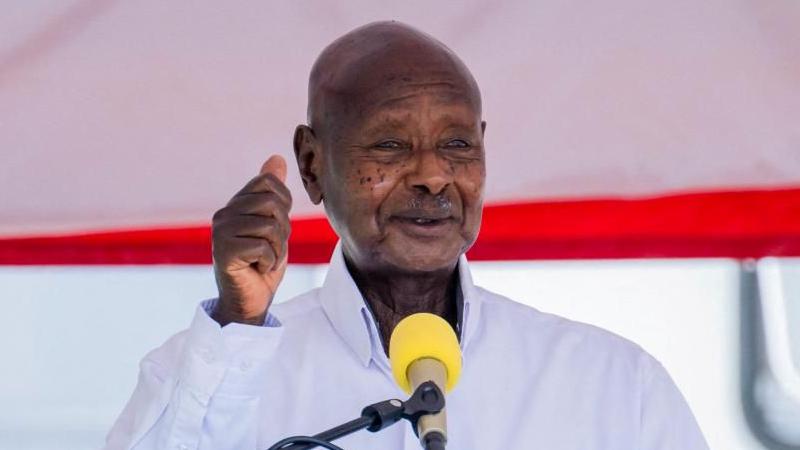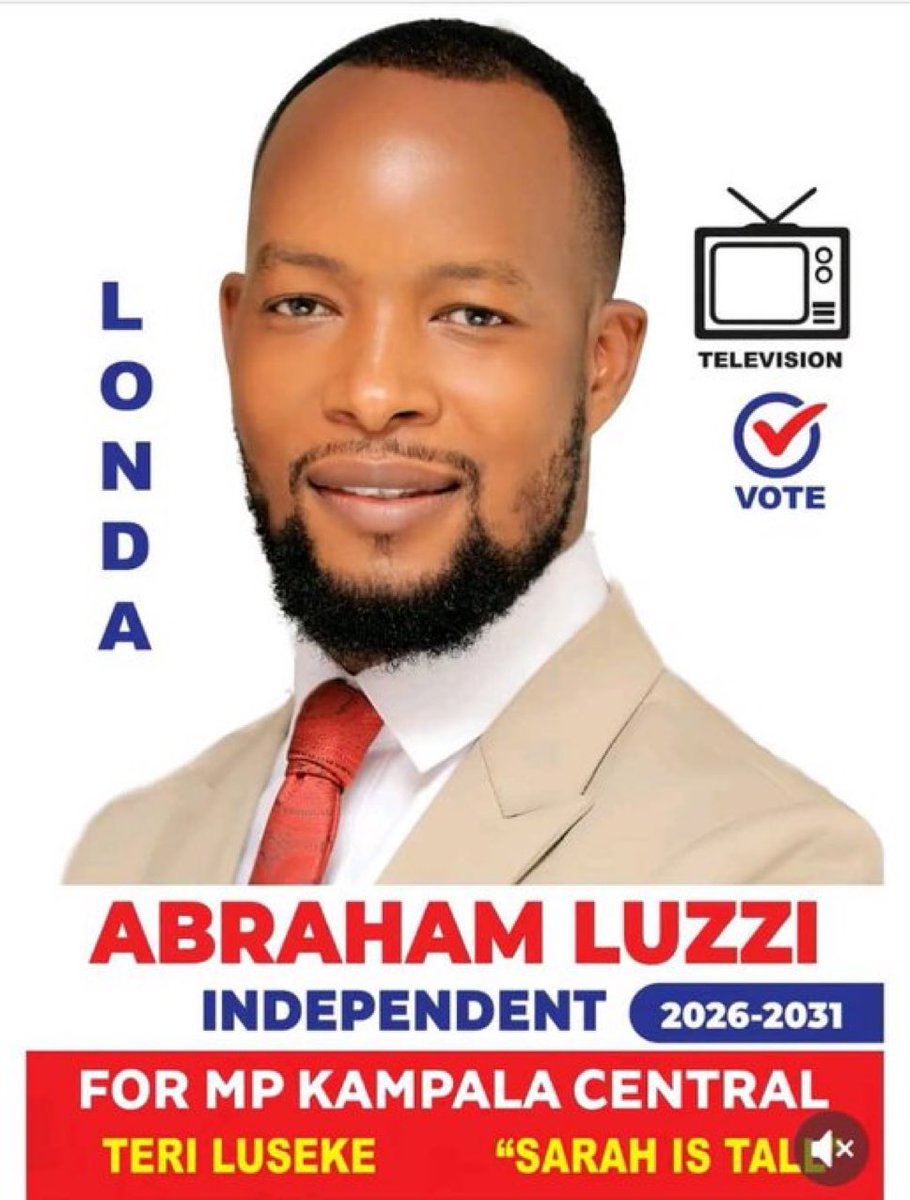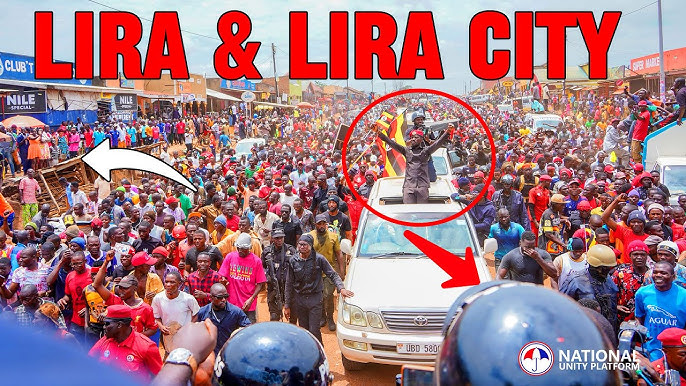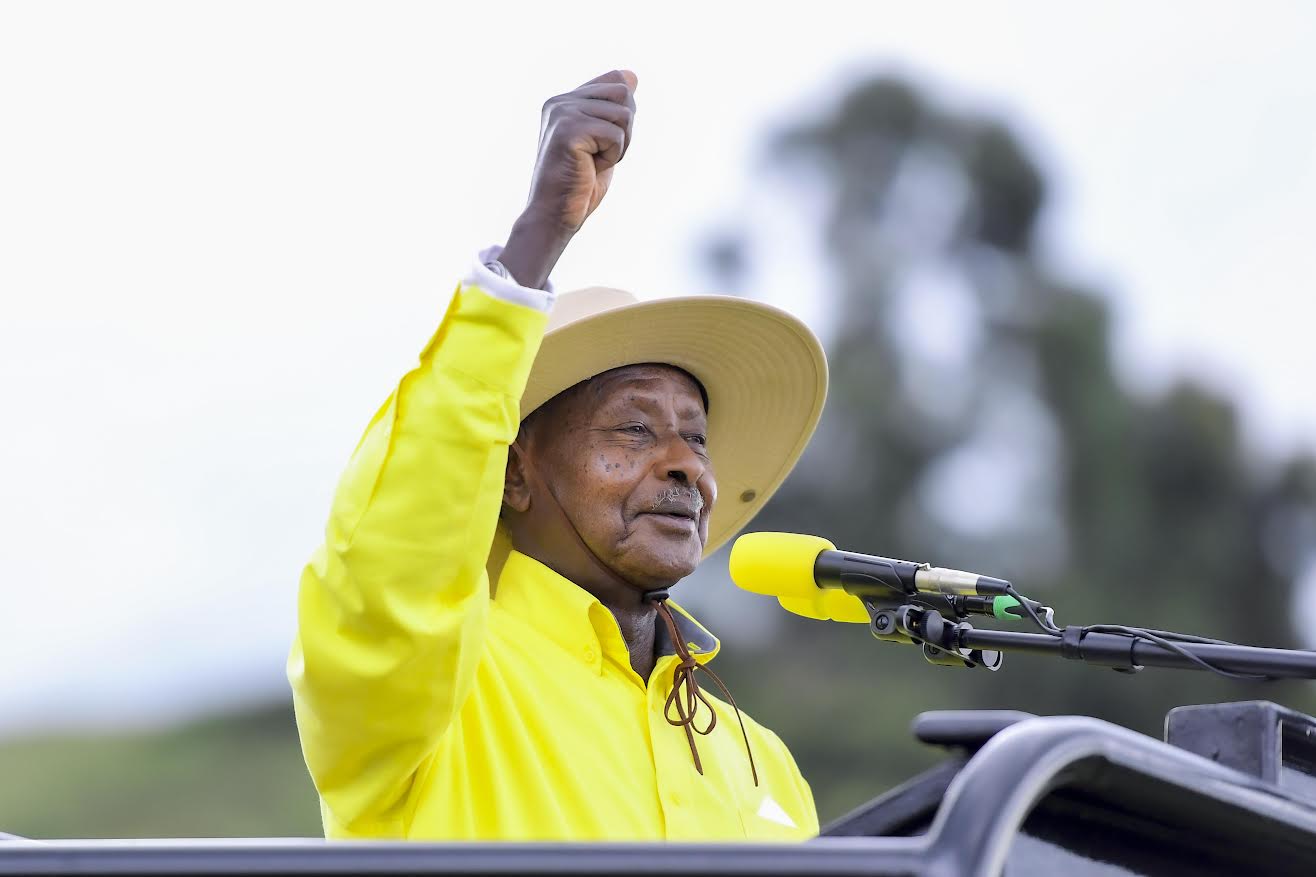Uganda’s 2026 presidential election is poised to be a defining moment in the nation’s political trajectory, largely shaped by the campaign dynamics surrounding President Yoweri Museveni. Now in his late 70s, Museveni, who has ruled Uganda for nearly five decades since 1986, appears to be showing signs of fatigue, affecting the intensity and style of his campaign. This evolving dynamic presents a unique backdrop as Uganda prepares to vote on January 15, 2026, with Museveni once again seeking to extend his unprecedented tenure amidst a politically charged atmosphere.
A Long-Reigning Leader Facing New Challenges
President Museveni has successfully maintained power for nearly 40 years by navigating constitutional changes to remove age and term limits, positioning himself as a stabilizing force credited with economic growth, infrastructure development, and regional peacekeeping roles. However, critics argue that his governance has trended toward authoritarianism, with allegations of human rights abuses, corruption, and suppression of political opposition.
As Museveni campaigns under the banner of "Protecting the Gains, Making a Qualitative Leap into High Middle-Income Status," there is a notable shift. Observers suggest the president’s health and age have begun to influence the vigor of his campaign, leading to a less frenetic style compared to previous election cycles. This perceived fatigue has also reshaped the ruling National Resistance Movement’s (NRM) approach, focusing more on consolidating existing support bases rather than expansive nationwide rallies.
The Rise of Opposition and Changing Voter Dynamics
Museveni’s main challenger remains Robert Kyagulanyi Ssentamu, popularly known as Bobi Wine, a youthful former musician whose message of change resonates strongly with Uganda’s youth and urban populations. Bobi Wine’s campaign emphasizes democratic reforms, social justice, and tackling corruption, framing the election as a generational battle between Uganda’s established political order and a new wave demanding transformation.
The ruling party views this as a challenge to stability, and critics warn of intensified state repression targeting opposition figures. Bobi Wine himself has faced arrests and accusations tied to his activism. Yet, his popularity, especially among voters aged under 35 who constitute the majority of Uganda’s electorate, continues to grow, pressing the need for the NRM and Museveni to recalibrate their campaign strategies.
Implications of Museveni’s Fatigue on Campaign Strategy
Museveni’s apparent fatigue is influencing the 2026 campaign in several ways:
More Controlled Campaigning: The NRM is focusing on symbolic events and media engagements rather than large, physically demanding rallies. This allows Museveni to maintain visibility while managing health limitations.
Delegation to Trusted Allies: Key figures within the NRM Central Executive Committee are tasked with mobilizing support and energizing the base, handling grassroots activities and public engagements.
Emphasis on Legacy and Stability: Campaign messaging stresses continuing Uganda’s progress, highlighting recent infrastructural developments and the upcoming boost from crude oil exports poised to begin in 2026.
Tactical Media Use: The use of television, radio, and social media platforms has increased to maintain voter engagement, especially targeting rural areas where physical campaign reach may be limited.
The Political Stakes: Stability vs. Change
The 2026 election is more than a contest between individuals; it represents broader questions about Uganda’s future. Continuity promises economic and political stability with incremental reforms, while change advocates argue for a break from decades of one-party dominance, promoting political pluralism and expanded freedoms.
Museveni’s long rule has fostered both commendations for peace and development as well as criticisms for human rights concerns. His fatigue and the resulting shift in campaign dynamics may influence voter perceptions, either evoking sympathy and trust in his experience or skepticism about his capacity to lead Uganda into the future.
Regional and International Implications
Uganda’s election carries significance beyond its borders. The country plays a pivotal role in regional security as a contributor of peacekeeping troops in Somalia, South Sudan, and the Democratic Republic of Congo. The international community watches closely, concerned with the integrity of the electoral process and the stability of a key East African nation.
A contested or controversial election could exacerbate tensions, while a peaceful transfer or continuation of power may reinforce Uganda’s role in regional diplomacy.
Conclusion: A Historic Crossroads
As Uganda approaches the January 2026 election, the interplay between President Museveni’s campaign fatigue and the rising momentum of youthful challengers like Bobi Wine sets the stage for a historic political crossroads. The election outcome will shape Uganda’s political, economic, and social direction for years to come, highlighting the tensions between continuity and change in a nation at the heart of East Africa’s evolving landscape.
Understanding these campaign dynamics provides vital insights into the challenges facing long-term leadership and the aspirations of emerging generations demanding a new path forward.







Leave a Reply